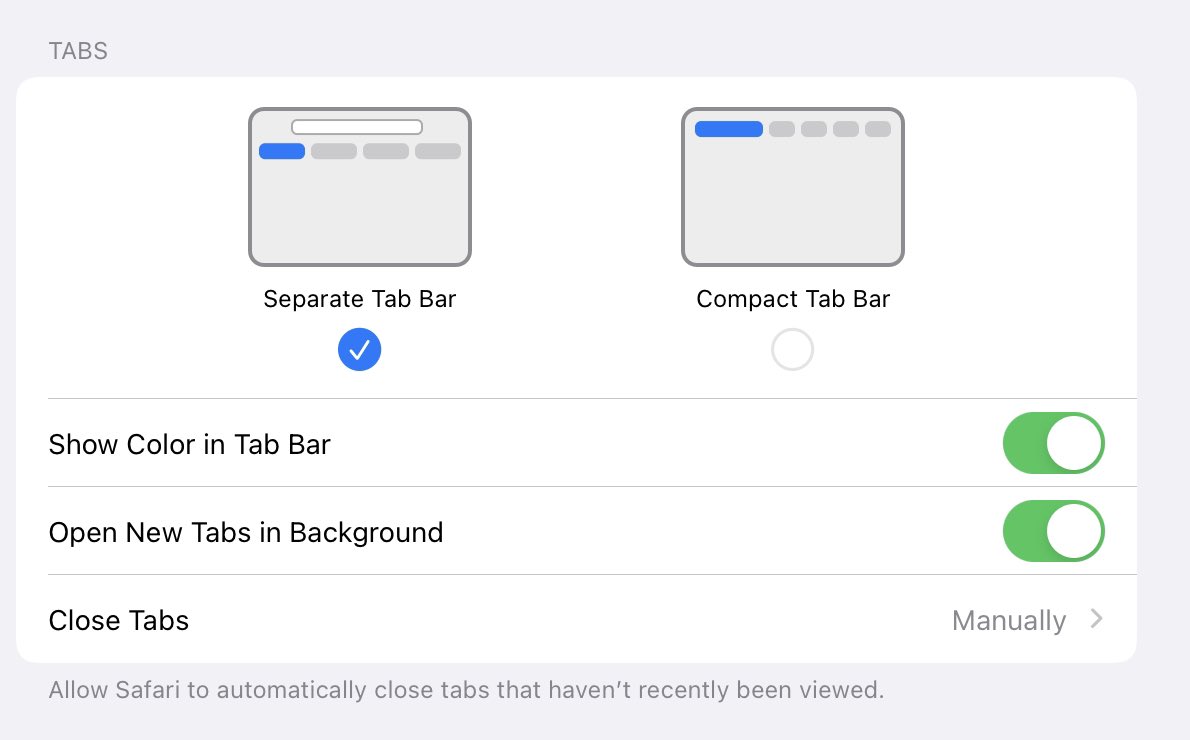
Incompatible Files, Slipping, Office 97 RTM— new post in “Hardcore Software” …rdcoresoftware.learningbyshipping.com/p/045-incompat… // “Reviews” were a key part of the early days of the PC era. In the context of shipping Office 97, this post looks at how reviews were changing as the industry matured. 1/11
2/ From the earliest days through Windows 95, personal computer reviews were primarily done by “tech enthusiasts” and aimed at same. Basically hobbyists reviewed products for hobbyists. That was the industry. Here’s BYTE giving Office 97 ⭐️ ⭐️ ⭐️ ⭐️ ⭐️ across the board. 

3/ Such enthusiast outlets were our key constituency as most all sales were driven through retail channel and most retail customers were buying magazines like these by the pound (at the peak, an issue of BYTE or PCMag was hundreds of pages, mostly ads). So victory.
4/ BUT as PC became standard in biz and also a families, techie reviews got squeezed from both ends (less techie & more “enterprise”). @waltmossberg started his WSJ column in late 1991. He was decidedly for “regular” users. “PCs are just too hard to use, and it isn’t your fault”. 

5/ Such reviews put a whole new lens on Office. We prided ourselves on designing for such regular people, but quickly found that a first principles look at our products would yield decidedly different reviews. We weren’t surprised as much as bummed. Walt’s Outlook 97 review: 







6/ I mean “the email module is the worst” is pretty problematic for Outlook, an email program.
I clipped it and carried it around for literally the rest of my career. It was also when I/we changed how we thought about reviews with a big de-emphasis of “techie” outlets.
I clipped it and carried it around for literally the rest of my career. It was also when I/we changed how we thought about reviews with a big de-emphasis of “techie” outlets.
7/ Yet at the same time a whole other point of view entered as a “gatekeeper”—industry analysts such as Gartner (and Forrester, Giga, Meta, …). These reviews didn’t speak for regular people but “regular IT people”. This was much more difficult a challenge…
8/ IT was basically under siege with PCs popping up everywhere and also breaking everywhere they were responsible for fixing everything but had not control. Where Walt might have wanted ease of use improvements, Gartner wanted big “strategy” and also no real changes in product. 

9/ Today it is difficult for many to internalize the importance of reviews. In fact in today’s lingo these reviews were gatekeepers—we needed them in order to reach customers. Every newspaper, magazine, dedicated pubs, TV, etc featured tech. We had to meet 100s of outlets.
10/ The biggest challenge in engaging reviewers was a lack of “data”. Reviewers had their opinion and represented their readers. We had our view of product and industry. A battle of anecdotes was tricky.
Meanwhile PC sales were exploding. That was the real story. What a curve!
Meanwhile PC sales were exploding. That was the real story. What a curve!

11/ Lots more about this lesson and a the changing PC environment in hardcoresoftware.substack.com. Please consider subscribing.
This is the last post of the PC era “beginning”. Now moving to the new millennium and the rise of biz computing. A huge set of challenges to come. //END
This is the last post of the PC era “beginning”. Now moving to the new millennium and the rise of biz computing. A huge set of challenges to come. //END
• • •
Missing some Tweet in this thread? You can try to
force a refresh











